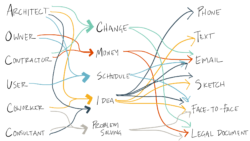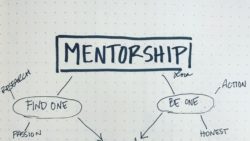Balance as a Young Architect: A lesson in burnout
Ah – the ever-elusive balance. Balance is like a fairy nymph – flitting always just outside of reach. Or perhaps orb-like (and actually a fiction of your imagination caused by too much screen time). As someone whose profession is their passion, balance as a young architect feels to me like something that’s always out of reach. Design envelopes and reaches into all parts of my life. It made me want to buy an old house I could work on. It made me start a business. It makes me buy random materials at a craft store to start new projects. Basically, I live a constant life of IMbalance but am striving to be better about this.
Let’s take a look at the positives of imbalance, the negatives, and some self-help steps from the queen of imbalance who’s constantly trying to catch the balance wagon.
You load up your wagon. And then decide you can load on a bit more. Why not? You’ll get more done in the same amount of time.
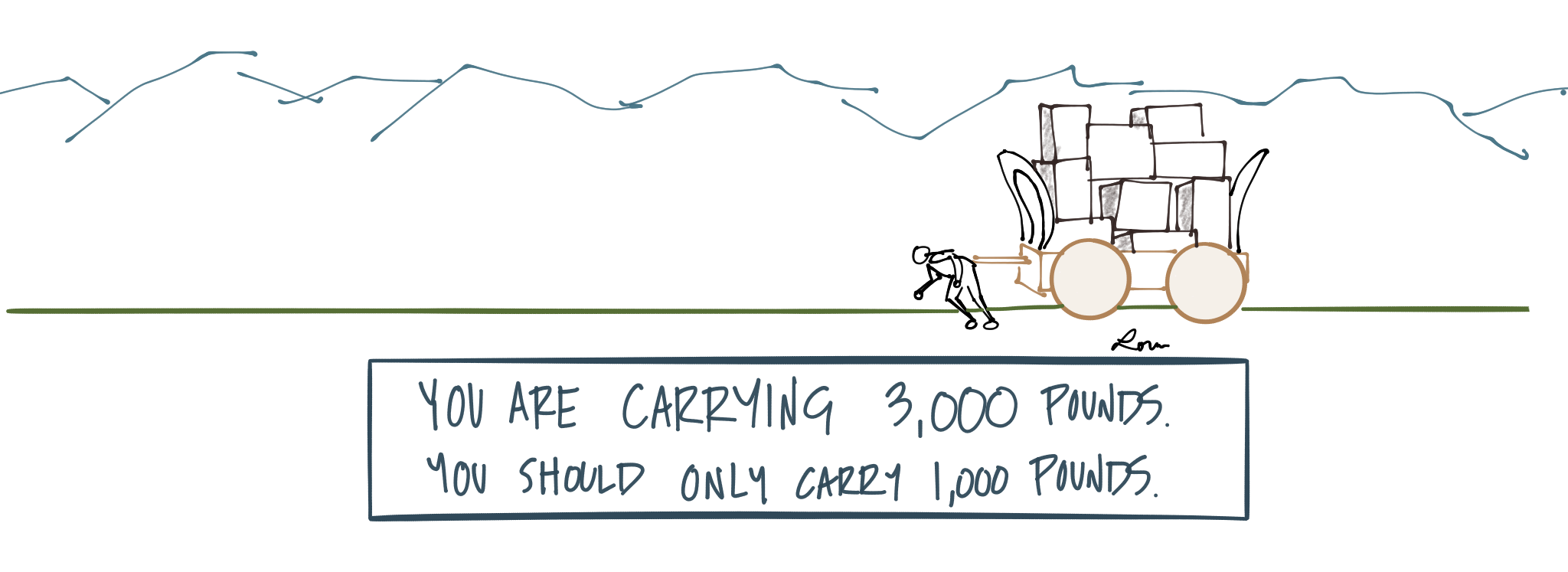
You load up your wagon, feeling good. You think you can work longer today. Why not? You got good sleep yesterday. You’ll get farther along in your work.
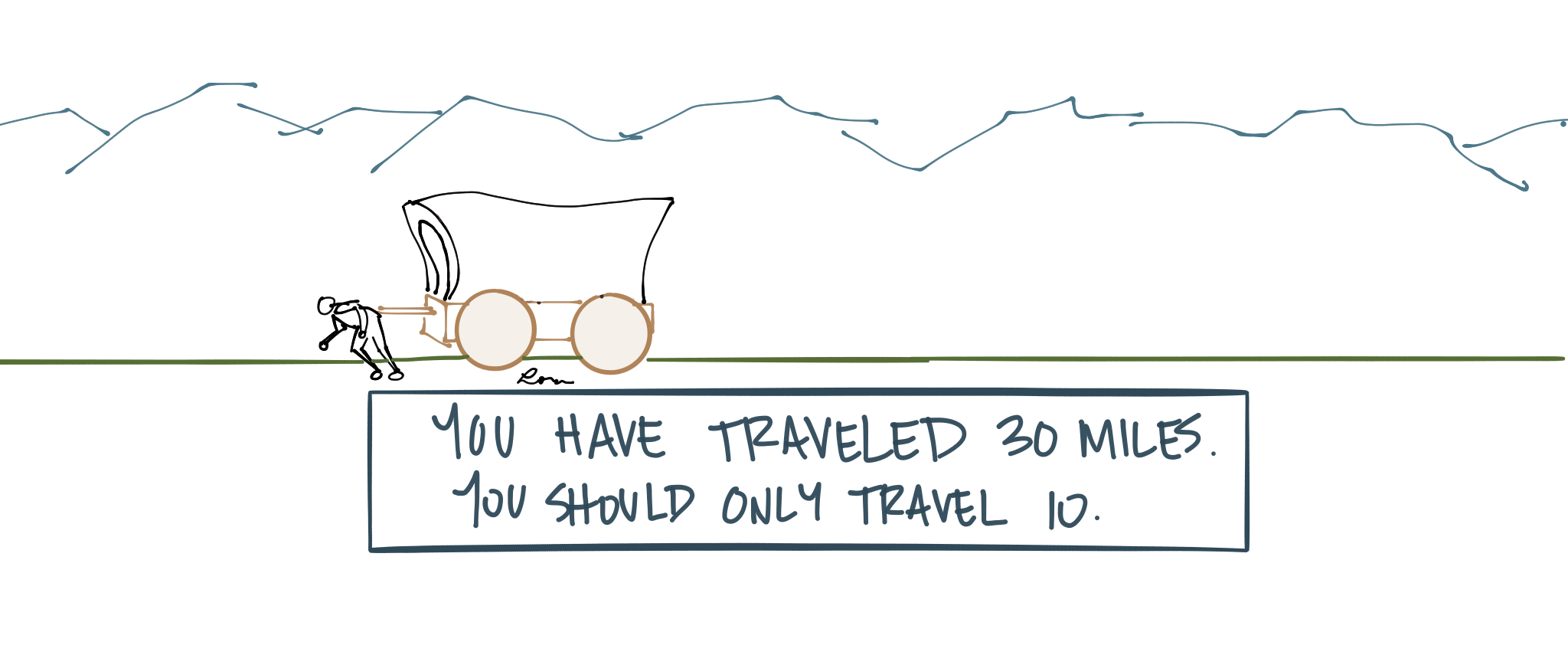
Because of either – or both – of the above, bosses or leaders around you will see you getting more work done and that you’re managing responsibility well. They then might give you more work.
You can see where the above might become a problem. You carry too much for too long and the following things might happen:
You collapse under the weight of the load.
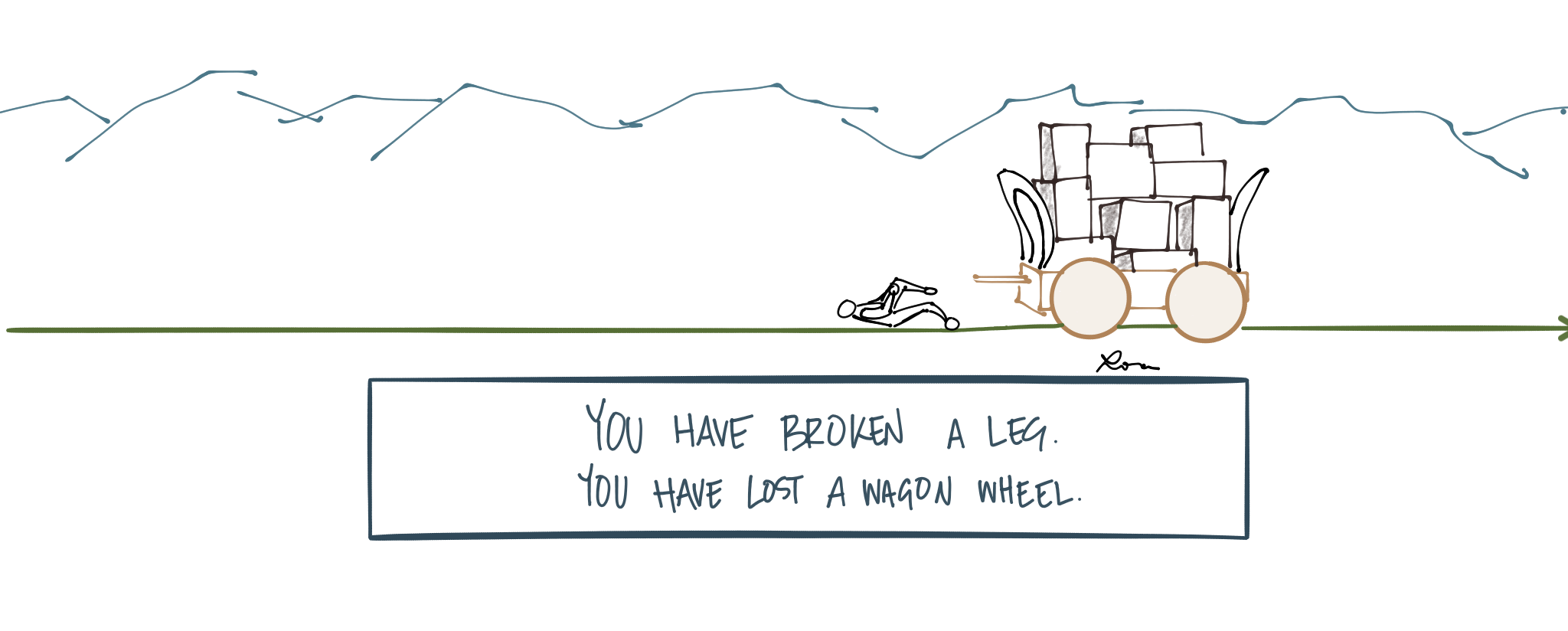
You slowly burn out.
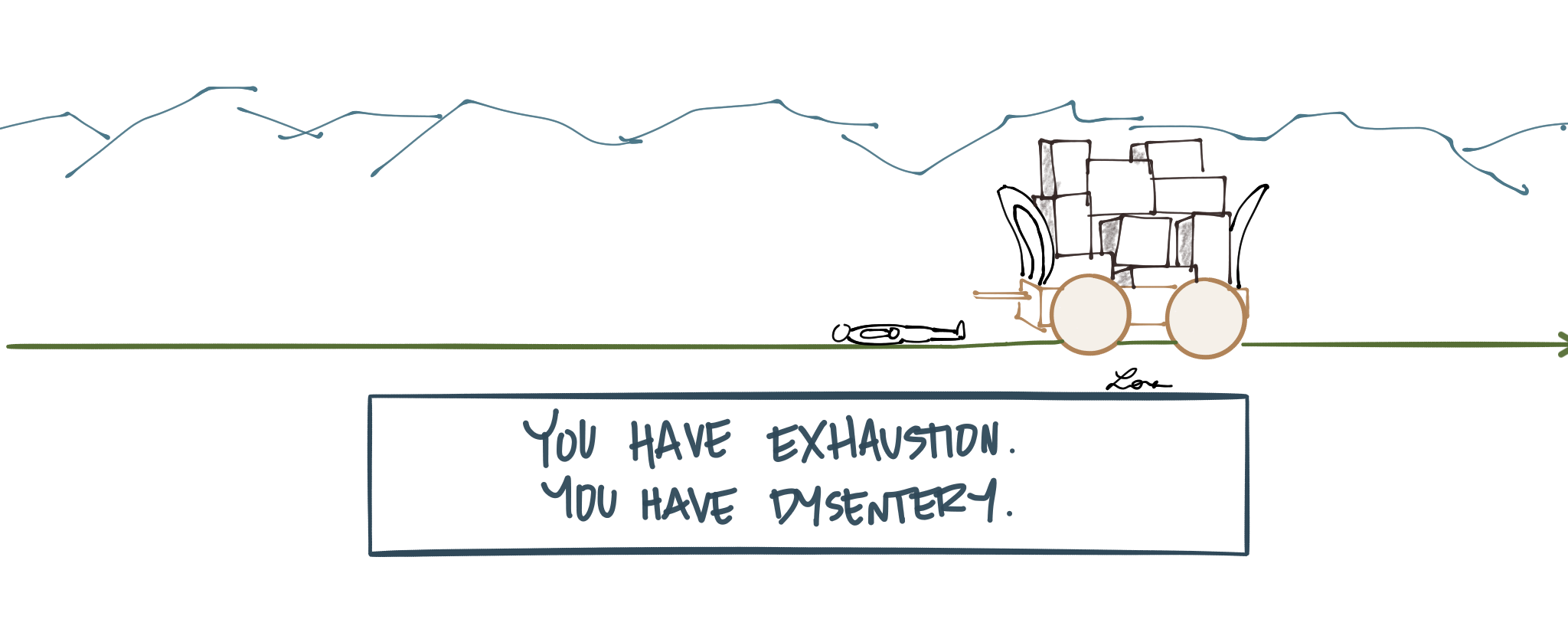
You let someone down.
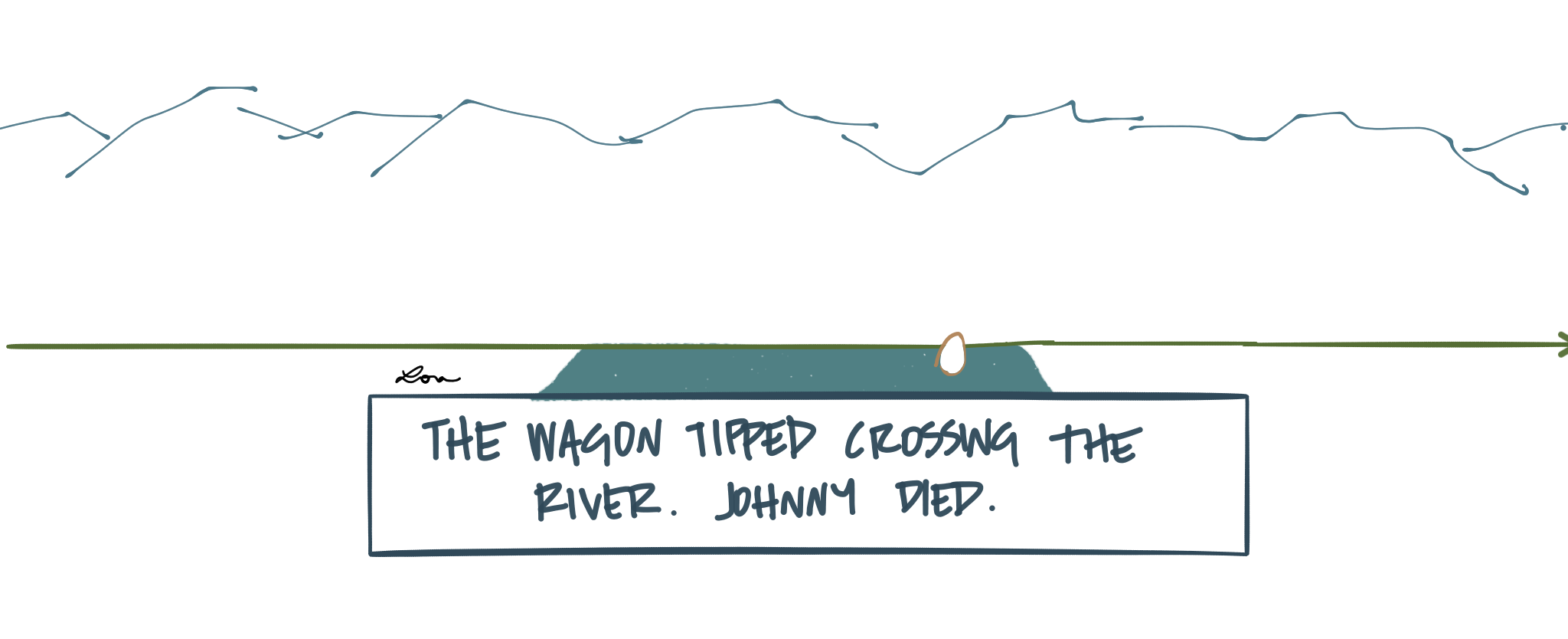
Balance as a young architect can be just as fun as that old computer game when you’re balancing well. Everything is fun when it’s going well. When it’s not…well, that’s when dysentery comes into play.
It’s easy to let design seep into every part of my life. The same thing goes for the passions of any one individual. Design is involved in my day job at RATIO, my side work with L2, the renovation of my house, the trips I go on, the products I buy, the books I read, the gifts I buy for friends and family….everything.
I’m also a driven person who wants to do good and be good at what I do. I believe that if you aren’t growing, you’re dying – which means I’m always looking for ways to grow and new things to learn. The combination of these things can be deadly for balance. When you mix passion and drive, it doesn’t feel like work. You overload yourself slowly, taking on new projects, starting new side crafts, until one day you realize you’re carrying more than you can manage. Unless you’re extremely intuitive, this wake-up call happens when you get so overworked that you crash and burn physically (or “burn out”) or you let someone down.
It’s really easy to not notice the warning signs. The medulla gets so used to pumping out adrenaline and your driven personality is always pushing the goal post just out of reach (which causes anticipatory dopamine) that you FEEL like a well-oiled machine. You’re rocking and rolling and getting more done than your peers. Why give that up?
I’m not saying passion and drive are bad and I’m not saying to give it up entirely. Just know your level of moderation before you hurt yourself or upset a boss or client. My recent example of toeing close to this line was in early January, and I’m still dealing with the physical repercussions of it.
I was fully scheduled at work on a $35million project – and rightly so; I’m the main Project Architect in the office working on it. In the meantime, I’d also helped bring in 3 other small projects. I’d been working with various firm partners on each of them (which gets me good face time to learn and show I’m capable) and made the assumption that all of these additions to my wagon were getting discussed on a leadership planning level. (There’s the first and main error: I assumed)
This doesn’t even get into the outside-of-work responsibilities: the second AREsketches book I’d just published, the AIA National Convention presentation I had a week’s notice to create and finish as a part of winning the 2017 Young Architect award, the various boards I sit on, the drawings I needed to be doing on my own house for permitting and bidding for the summer’s renovations…or my dogs. All of these things were falling to the wayside because I was starting to forecast the impending doom of my full wagon and working overtime to keep up.
When you have one project taking up 100% of your time on your projected time sheet, that means any additional project is above and beyond: time, effort, resources. You aren’t going to get time taken away from one job to work on others. You aren’t going to give up time or effort on the other projects that you helped bring in because there’s already our time/cost in your knowledge on the project and you want to help carry it through – likely because you both want to see and impact the happiness of the client at the end, but also because you know your boss will see it as managing projects well and give you more in the future.
This internal “oh crap” moment gave me more adrenaline to push through – because I didn’t want to let my bosses and my projects down, but the schedule and effort were already starting to take its toll. Combined with all of the other projects outside of the office that were hitting deadlines around the same time, the toll was becoming palpable. What does palpable early-stage burnout look like for me (and maybe you)?
1. I just wanted to sleep.
I began to find myself caring less.
2. I wasn’t treating my body well.
Focus on projects at work meant no workouts, less homemade food, less time with friends. This makes me crave #1 more frequently.
3. I had less time to do the side projects
…like AREsketches, that inspire me.
4. I had less inspiration…in general.
Which made it really hard to blog with any fervor or consistency. Simply writing this blog took FOUR SITTINGS, just because I couldn’t find the groove. When I’m inspired, they typically can get knocked out in one 1-2 hour sitting. But sliding down this hill meant when I thought about blogging, I was blank. When I would look at ideas lists I’ve created in my journals…they seemed just like words on a page. No substance.
5. I was forgetful.
Like…all the time. I had a hard time recalling certain conversations or decisions….because I was juggling and multi-tasking with such a propensity that I wasn’t actually giving any of it brain space, I was just doing to get done.Any of that sound familiar? If I were playing The Oregon Trail, I would have died from cholera a long time ago. But I’m not. And I’m thankfully relatively healthy. So I’m going to focus on re-balancing the wagon and getting on my way. What does that look like?


